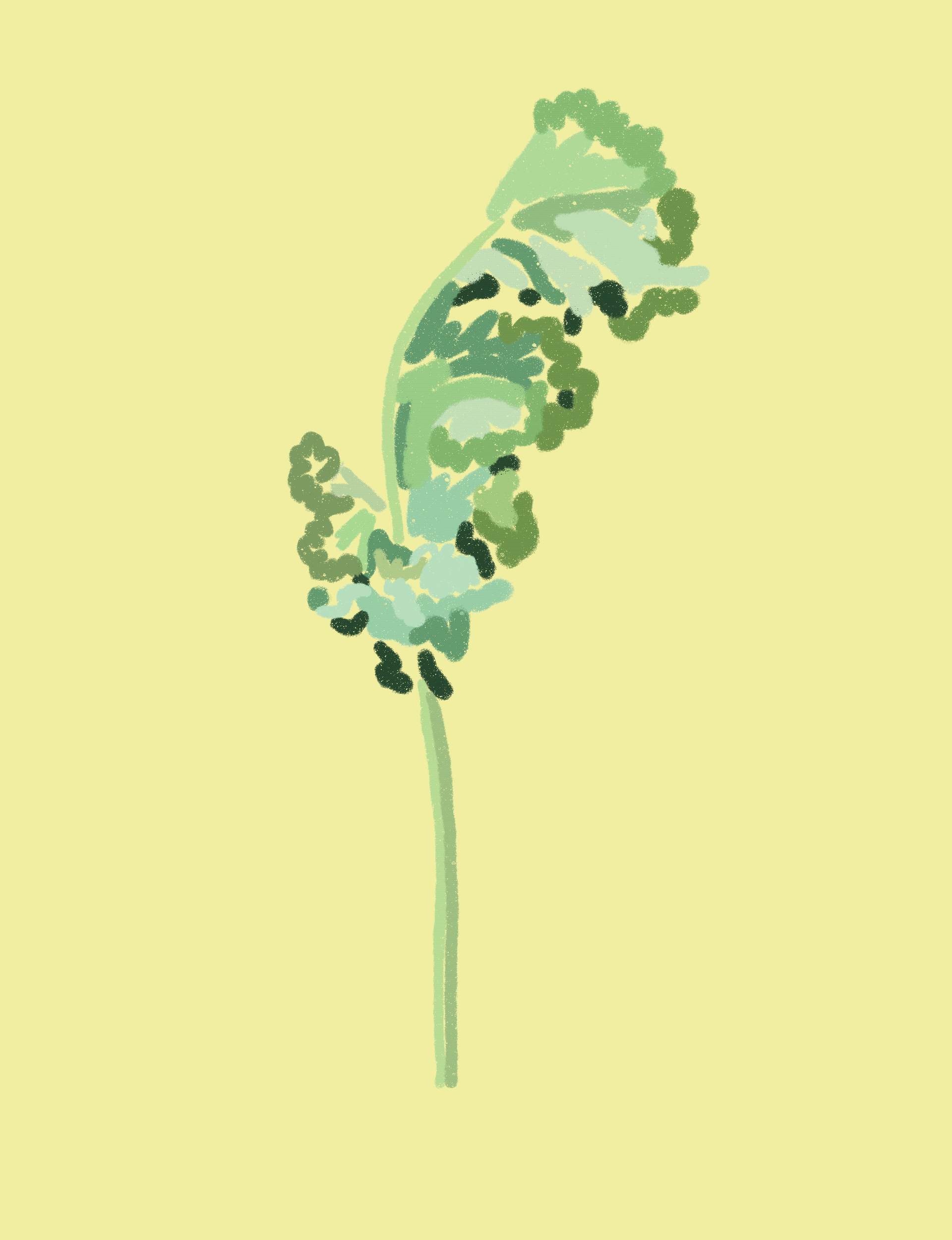Although the concept of vegetarianism/veganism i.e. abstaining from eating meat / animal products is definitely a deeply embedded value in Buddhism, something I grew up learning about; I never saw the diet as a moral implication. To me, it always felt kind of subjective—that it's a personal choice. Only through delving deeper into the subject, that I had started to see it as being "more" than any reasonings that I had let hold me back.
Grab a cup of tea because this is one looong read.
Health Conscious.
It was through the lens of 'health' that first enticed me to the diet. Throughout middle school & high school, I was sick a lot and got sick of being sick. I started to look up health blogs for information and recipes, frequented health food cafes and was exposed to veganism as a result. But it was nothing more than a diet to me.
Summer after my 1st year at university. (Mid 2015)
I went to watch Jurassic World with my friend. There was a scene where the Indominus Rex escaped and went on a sporting hunt and killed all the herbivores in the field, just for the sake of it. I felt so much for the herbivore dinosaurs, they were so gentle and so I said to my friend: "the herbivore dinosaur 🥺". My friend then said:
If you become a vegetarian, that's how you'll be!
Although it was an innocent comment at the time, my friend wasn't even a vegetarian; somehow that comment stirred something deep inside of me, i remember feeling so moved like reducing sufferings on other beings makes perfect sense.
That summer, I started to research more about veganism, listened to others' stories of why they chose this path in life and their explanations—health, environment and ethics—all resonated deeply with me. I thought I would give it a try.
2nd year of university. (2015 - 2016)
In my second year of university, I was invited to be a part of the scholar group. A lot of the discussions within the group centered around sustainability. The first seminar that I joined involved a discussion of the documentary "Cowspiracy" and an article introducing the future of 'meat' with a mention of Beyond Meat and Impossible Foods. I'd never forget the word that forever changed my perspective of meat. The word was "texture"—how it is the "texture" of the meat that we are hooked to. Not the flavor. If we were to eat an unseasoned piece of meat, we'd find there is no flavor. When people talk about loving the 'taste' of meat, they in fact, mean 'texture' or the added 'seasonings' that aren't unique to meat. This piece of information changed how I viewed meat. I no longer viewed meat as inherently tasty, and it was a trigger for more puzzle pieces to fall into place.
After this seminar, my fascination in the topic only increased from there. Everyday, my then boyfriend (now husband) and I would watch various documentaries and videos on YouTube that debated about the ethics of eating meats and discussing the implications. To have an (informed) opinion on anything at all, It's important to learn about both sides of the debate.
A note on tastebuds & Billie Eilish. You'd be surprised at how adaptable our tastebuds are. They adapt to what we feed ourselves. The more we feed ourselves sugar, we will tend to crave more sugar; the more we feed ourselves whole food, we will grow to appreciate whole foods. I recently watched Billie Eilish interview and as somebody who was raised 'vegan' her whole life, she expressed with absurdity 'I don't know why you would eat an animal when you can just eat chips'.
You can argue that she 'missed the point' and this is precisely the relevance of what she said. For the majority of us who has had a taste of meat, 'chips' and 'animals' have distinctive textures and flavors from one another that you'd never think to compare the two. But the point that gave me the 'aha' moment is, Billie—somebody who had never tasted animal products—happily found chips to be more than enough for her tastebuds. You can't long for something you never had. Knowing that tastebuds change was very encouraging for me; it made me feel that if I want to embark on a more compassionate and nourishing path in life, it's possible for my tastebuds to not get in my way.
3rd year of university. (2016-2017)
I signed up to an extracurricular Value Studies module called "Other Animals: Contemporary Moral Frontiers". This was when I'd started to confront the topic academically. We read vastly from different fields about animal ethics. The two texts that I remember most vividly was from Peter Singer 'Animal Liberation' and Jonathan Safran Foer 'Eating Animals'. I think everyone should read these books.
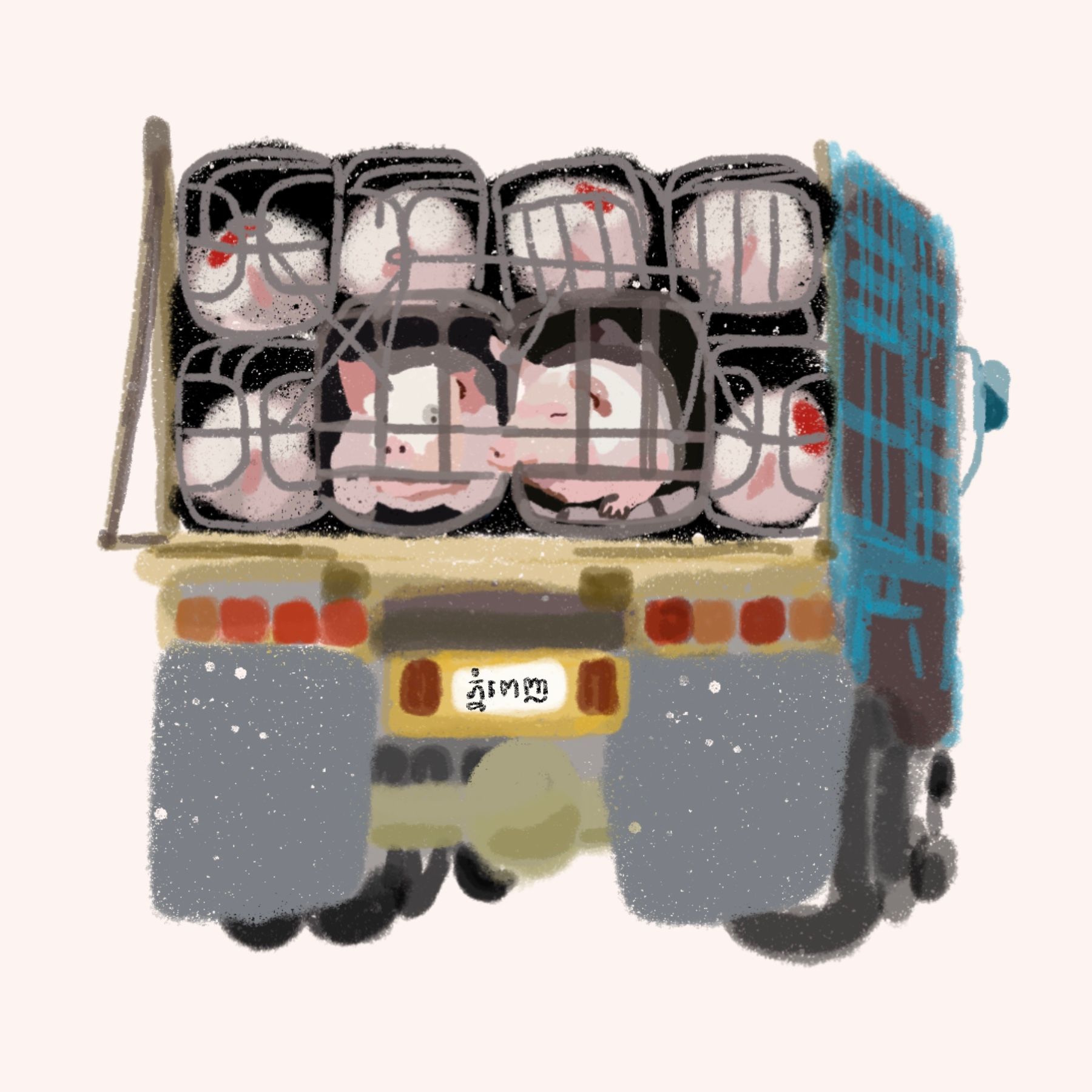
Dissertation. (2017)
I was very invested to the point I even wrote my dissertation on this topic! It was titled 'Diet, Egalitarianism, Moral Inclusion/Exclusion'. 😬😳😅👀
Comet (2017) and later Cosmo (2019).
This one always pulls all my heartstrings. I have spoken so many times about how my dogs play a role in nurturing my compassion. They've shown me that animals deserve our love and I've since come to view animals very differently now than I used to. I just want to be a voice for my dogs and seeing the resemblances between them and other animals, I want to extend this voice for other animals too, in the hope that maybe, it can take us one step closer to ending their heartbreak.
comet 💫 & cosmo 🪐
Life as a recent graduate. (2017 - 2019).
I started to consciously eliminate animal products from my diet. I never went fully vegan but I reduced a huge amount. However, because I didn't draw a line, I didn't know where I stood. I continued to make excuses for myself. After University, I made excuses like "It's harder being back here with my family", "I can't turn down my mum's cooking", 'I want to be able to go out with friends without worrying if there's going to be veg options" etc. But, this is only a partial truth. I think there is kindness in not wanting to turn down my mum's cooking but I was using this excuse to allow myself to choose meat options in situations where I could have easily chosen veg options. (This is something that I think about when I hear people use their health concerns as their reason for not being able to give up meat, yet choose to eat fast food and junk food). But this is only my observation and not my judgement. Such decisions happen so unconsciously. Life is hard enough without having to train yourself to make conscious decisions. Personally it did take me some time to figure out what I'm 'really' about, what it is that is truly stopping me'. I can understand why others have their confusions, I certainly had mine.
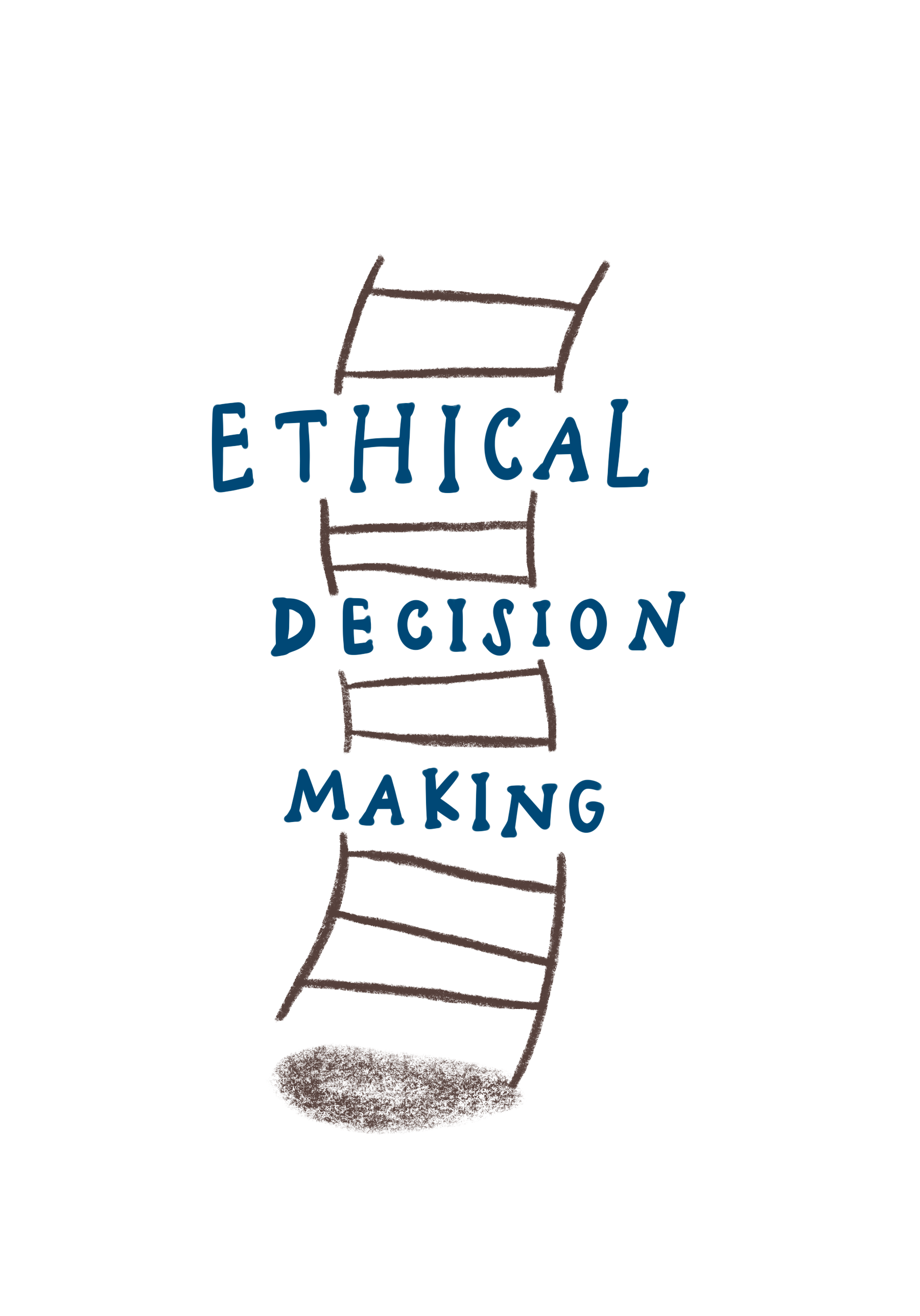
The truth may be, I just didn't care about animals enough. Not as much as I wanted to, not as much as I do now. I think I am only able to align my life closer to my values once Comet and Cosmo came into my life.
Despite this, I see it as a journey and I find meaning in each and every one of my attempt. There are all sorts of campaigns globally to help one transition. My philosophy is every little helps, whether you participate in "Veganuary" or "Meatless Mondays" or abstaining from meats on "holy days". The utmost importance is to bring awareness to how the factory farming system—part of the major global food system—is currently devastating the planet and the animals at a massive scale.
Birthday & Covid Outbreak (2019 - 2020).
My husband gifted me the book 'How Not To Die' for my birthday in late 2019. The book helped me reconnect with my passion for health.
Me reading How Not To Die on the train to Edinburg / seeing the rise of Veg cookbooks skyrocketed in the UK 🕊
Coincidentally, shortly after I'd just learnt about the role of animal agriculture and wildlife tradings in global pandemics, covid happened. To witness the unfolding of Covid felt like a premonition. It reminded me the importance of health and to never take health for granted.
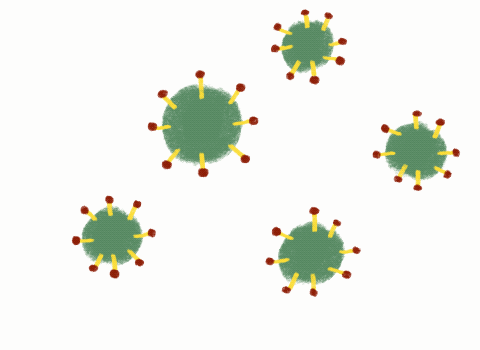
In regards to health, I want to make it clear that I don't think 'meat' is inherently 'unhealthy'. I want to acknowledge that properly sourced meat can be healthy. However, it's important to recognize that the current food production relies on factory farms for the huge majority. Because 'inhumane' is so much the norm, to embark on a 'humane' meat journey seems harder than to embark on a plant-based journey. Just to start, there is the question of 'what is humane?' and 'who decides this?' It's definitely a tough question indeed.
Another factor is everybody is different. There will be people who won't 'thrive' on a vegan diet. However, it's also important to recognize that this will be a minority of people. I find it unfortunate how much of a bad rep 'veganism' seems to receive. Some examples to think about include: "When you get ill on a vegan diet, everyone points to the vegan diet; when you get ill on junk food, no-one bats an eye". There are so many cultures that thrive on a vegan diet for many centuries. I think there must be wisdom in this.
As you can see, this is me hoarding on vegan junk food circa 2016 😆
Influences.
Somewhere in between all of this, I came to witness how many of the people that I look up to, have made 'animal advocacy' a big part of their life, and it made me realize how much this movement needs everyone of us.
To start, there is Yuval Noah Harari. I love all of his books; Sapiens, in particular was the book that kickstarted my decision to pick up another and another and another non-fiction book. In Sapiens, Harari dedicates one big chapter to the truth of the animal agriculture today.
“Following Homo sapiens, domesticated cattle, pigs and sheep are the second, third and fourth most widespread large mammals in the world. From a narrow evolutionary perspective, which measures success by the number of DNA copies, the Agricultural Revolution was a wonderful boon for chickens, cattle, pigs and sheep. Unfortunately, the evolutionary perspective is an incomplete measure of success. It judges everything by the criteria of survival and reproduction, with no regard for individual suffering and happiness. Domesticated chickens and cattle may well be an evolutionary success story, but they are also among the most miserable creatures that ever lived. The domestication of animals was founded on a series of brutal practices that only became crueller with the passing of the centuries. The natural lifespan of wild chickens is about seven to twelve years, and of cattle about twenty to twenty-five years. In the wild, most chickens and cattle died long before that, but they still had a fair chance of living for a respectable number of years. In contrast, the vast majority of domesticated chickens and cattle are slaughtered at the age of between a few weeks and a few months, because this has always been the optimal slaughtering age from an economic perspective. (Why keep feeding a cock for three years if it has already reached its maximum weight after three months?) Egg-laying hens, dairy cows and draught animals are sometimes allowed to live for many years. But the price is subjugation to a way of life completely alien to their urges and desires. It’s reasonable to assume, for example, that bulls prefer to spend their days wandering over open prairies in the company of other bulls and cows rather than pulling carts and ploughshares under the yoke of a whip-wielding ape. In order for humans to turn bulls, horses, donkeys and camels into obedient draught animals, their natural instincts and social ties had to be broken, their aggression and sexuality contained, and their freedom of movement curtailed. Farmers developed techniques such as locking animals inside pens and cages, bridling them in harnesses and leashes, training them with whips and cattle prods, and mutilating them. The process of taming almost always involves the castration of males. This restrains male aggression and enables humans selectively to control the herd’s procreation.” ― Yuval Noah Harari, Sapiens: A Brief History of Humankind
The information wasn't new to me, but it still broke my heart to be reminded of the horror. I immediately looked up to see if Harari is a vegetarian, and indeed he is.
To name a few of my other influences:
Alicia Silverstone (best known for her iconic role in Clueless)
Joaquin Phoenix (best known for his iconic role in The Joker)
The McCartneys (Paul McCartney and his family)
If slaughterhouses had glasswalls, everyone would be vegetarian. - Paul McCartneyJoaquin Pheonix Oscar speech that moved the 🌏
Whenever I read about people changing their diet as a result of knowing the truth of the industry, it makes me think of this quote from philosopher Peter Singer:
"I would not question the sincerity of vegetarians who take little interest in Animal Liberation because they give priority to other causes; but when nonvegetarians say that "human problems come first" I cannot help wondering what exactly it is that they are doing for human beings that compels them to continue to support the wasteful, ruthless exploitation of farm animals.”
I felt so empowered to learn how our diet can be a form of activism. We can be an activist 3 times a day if not more, just by eating more consciously; nothing more. I feel like that's a good start.
Finally.
This is what I mean. It truly has taken me some time and hasn't been the most straightforward journey. I have read so many stories of how some people have managed to switch their diet overnight and I have also read so many stories of how some people have not managed to switch or thinking they would never be able to switch. Although I am absolutely in awe of those who can switch or find it easy to cut out animal products, I definitely don't find it easy. This is the reason why I'm even sharing this personal journey—because I also belong to the latter group.
I finally drew the line late 2019 that I would make an effort to be plantbased 95% of the time. I decided I would no longer eat cows, pigs, chickens, lambs. However, I left the 5% room of 'leniency' to be a (pesco-vegetarian) because I don't want to be too restrictive on myself. I notice that I am prone to feeling strong negative emotions that makes me wish I didn't have to care the way that I do, especially when I'm feeling alone in the cause. I don't have a self-control stronger than your average person, I know how easy it is to flip the switch. Now that I know what I stand for, I want to be here for the long fight.
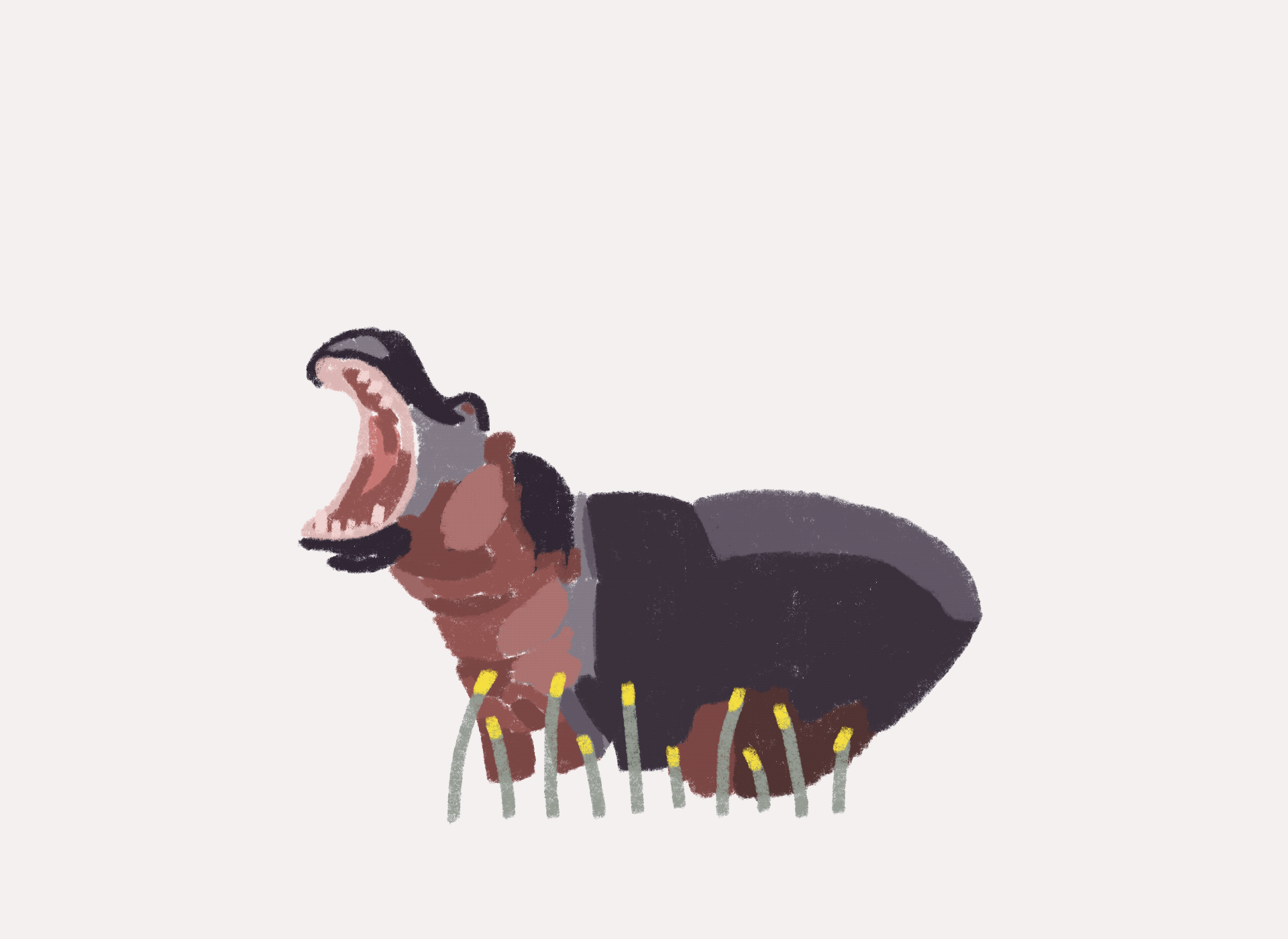
This isn't to convince everyone to go vegan or vegetarian overnight or at all. It's to highlight the excess of meat consumption today that is overly normalized. A vegan diet may not be for everyone but I believe we could all use having more plants on our plates. Only after doing your own research, can you then decide what is best for you. But one thing is a given, factory farming is the root of all evil. If you must eat meat, the least least you can do is to know your sources but never take the producers word for it, their audacity to call their products "happy" egg/chicken/cow etc is a major red flag.
Another thing that is a given is life is suffering. We don't need to do anything particularly 'extra' for there to be suffering; there just is. Understanding this, I want to alleviate the sufferings on other beings as much as I have control over.
Look at these faces.
Change can be very isolating and I'd like to thank my support group: my sister and my husband who have navigated this journey with me from the very start; and my family who—despite our inevitable disagreements at times—have always remained by my side.
Thank you for listening to my story.

